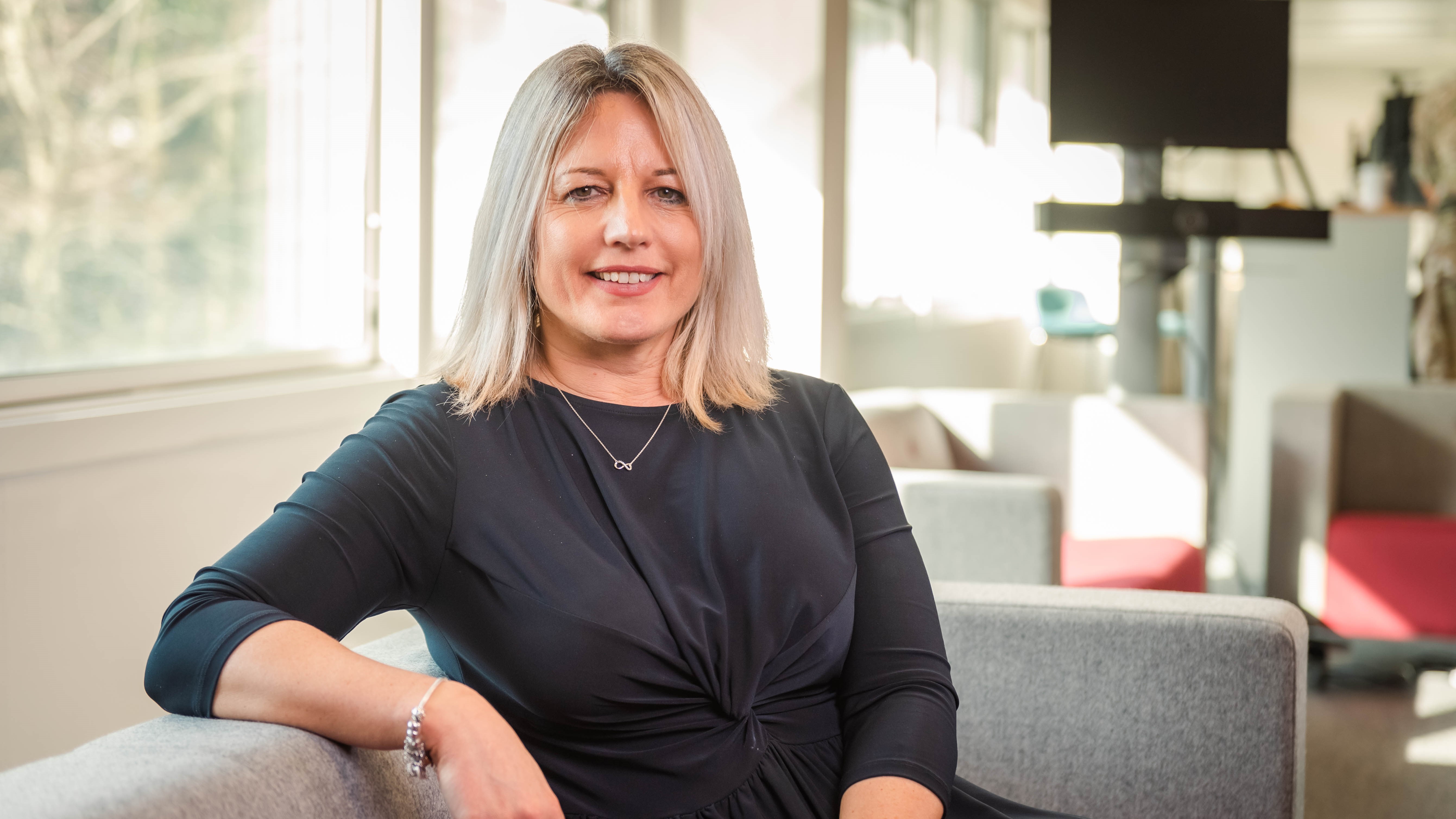Published 18 July 2024
Share this story
Providing the UK Armed Forces with the edge is often about identifying potential solutions to complex problems. Exploiting the Futures Lab access to bespoke teams of industry and academic experts can make a real-world difference.
The world has changed. And as the body responsible for equipping and supporting our Armed Forces, that means working more efficiently so that we can explore and exploit technology that gives us and our allies the edge over our global adversaries.
To do so DE&S are adopting a Gateway approach that will engages all stakeholders (Industry, Front Line Commands, academia, UK MOD etc) from the outset and allows us to plan for the future of defence whilst delivering the present.
By doing so our organisation can develop and empower a truly agile workforce to drive efficiencies, deliver at pace, and that look to embed spiral development wherever possible to ensure we can remain ahead of the curve.
Within the Gateway, an integral part of Future Capability Innovation, sits the Futures Lab – a rich resource being mined by those keen to take advantage of feeding their question into highly-experienced bespoke teams comprised of pan industry and academia.
These are utilised to generate outcomes for de-risking and decision making and create a road map for your programme all the way to concept demonstrators, but equally importantly identify issues that may mean a change of direction or focus.
James Gavin, Head Futures Capability Innovation, said:
“Futures Lab is essentially a future capability innovation service that is exploring all new technology being delivered into operations,”
“We take problems or questions and go out to academia and industry and pull together a bespoke team of expert knowledge that can investigate, and then create a training plan that can spell out how the tech could be used and whom it is most likely to benefit.
“They look at how you would purchase it, how it would be maintained, how it would be used and even how it would be disposed of. Having the ability to bring together niche Pan Defence Suitably Qualified and Experienced Person (SQEP) that may not already exist in the MOD will drive significant efficiencies both in terms of time and money.”
Futures Lab, which works mainly in the pre concept space but can be utilised at any point in a project lifecycle, has an open network of around 230 subject matter experts, and give a broad view of the topic rather than that of just one contractor. Within this ‘networks of networks,’ those that can be called upon include Met Office, The Catapult Network, South West Regional Defence and Security Cluster (SWRDSC), Make UK, techUK and ADS.
Futures Lab Manager Rachel Crease, said:
“It’s a crucial process as our bespoke teams can ensure that we don’t duplicate old ground and that we don’t procure kit that ends up sat on a shelf gathering dust.
“As part of the Gateway it will allow us to explain to our Front Line Command colleagues what is possible in terms of meeting their needs, and in turn ensure we can deliver more of what matters and increase the outputs Defence needs – today, tomorrow, together.”
Knowledge and information gathered remains MOD-owned and is shared for exploitation across all areas of defence.













